The PACT Act, which passed last month, allows veterans and their families claiming they were exposed to toxic water at Camp Lejeune to sue the federal government. Veterans are a group that scammers tend to target. The Better Business Bureau Serving Eastern NC (BBB) urges veterans to be vigilant and cautious about who may be trying to do business with them. Other BBB offices across North Carolina have seen an uptick in scams related to veterans and the PACT Act.
According to the U.S. Department of Veteran Affairs, the PACT Act is a new law that expands VA health care and benefits for Veterans exposed to burn pits and other toxic substances.
The 2021 BBB Scam Tracker Risk Report showed that although the number of active-duty military exposed to a scam was nearly identical to the percentage of the general population reporting monetary loss; the susceptibility of active-duty military (60.7%) was about 42% higher than that of the overall population.
Service members can visit the Department of Veteran Affairs website for more information on the PACT Act.
Common Scams Targeting Service Members:
*High-priced military loans – Advertisements for loans that promise a guarantee, instant approval or no credit check will often come with hidden fees and extremely high interest rates. Remember that legitimate lenders will never guarantee a loan before you apply, and loans that require an upfront fee are likely a scam.
*Veterans’ benefits buyout plans- This buyout plan will offer a cash payment in exchange for a disabled veteran’s future benefits or pension payments. The cash amount is only about 30-40% of what the veteran is entitled to. These buyout plans can be structured in several different ways, so research thoroughly before signing anything over.
*Fake rental properties – Stolen photos of legitimate rental properties are used in advertisements that promise military discounts and other incentives. Service members will have to pay a fee via wire transfer for security payments or a key to the property – in the end they will receive nothing.
*Misleading car sales – Websites posting classified ads will offer false discounts for military personnel or claim to be from soldiers who need to sell their vehicle fast since they have been deployed. Upfront fees will be required via wire transfer, or the vehicle will have problems after purchase.
*Expensive life insurance policies- Members of the military are often the targets of high-pressure sales pitches that offer unnecessary, expensive life insurance policies. Solicitors may make false statements regarding the benefits that these policies offer.
Tips to Avoid Scams:
*Do your research – Get as much information as you can about a business or charity before you pay or donate. A good start to your search would be to check out a business’ BBB Business Profile and/or see if the BBB has a report on the charity.
*Never wire transfer money to anyone you don’t know- Money sent via wire transfer is practically impossible to track. Pay or donate by credit card whenever possible, since you can dispute charges more easily.
*Protect your computer – Don’t click on the links within unsolicited emails. Don’t enter personal information on unfamiliar websites. Make sure that you have updated anti-virus software installed and use a firewall at all times.
*Put an Active Duty alert on your credit reports when deployed- Doing so will minimize the risk of identity theft because creditors and businesses cannot issue or grant credit until verifying identity.
BBB’s Military Line provides free resources, such as financial literacy information, access to BBB services, Scam Alerts, and complaint and dispute resolution for all branches of the U.S. military.
Visit BBB Scam Tracker to track and report scams in your area.
For more information you can trust, visit BBB.org.
Contributed.


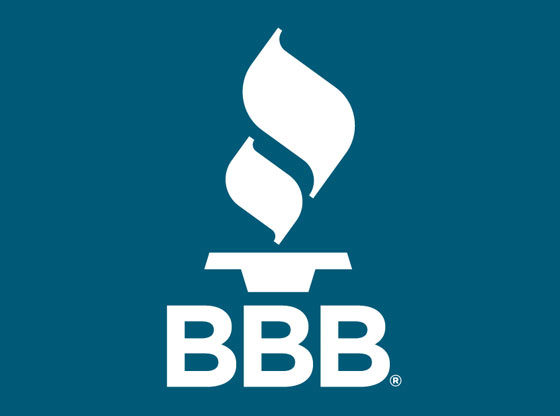


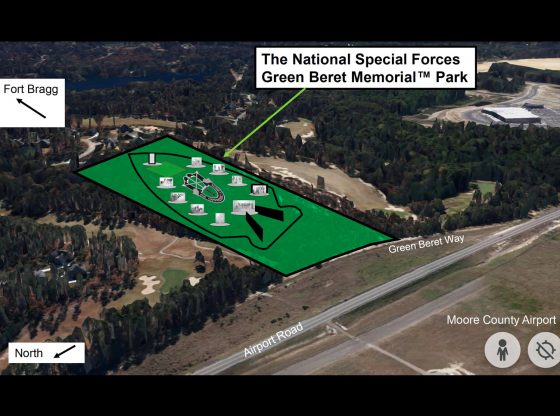

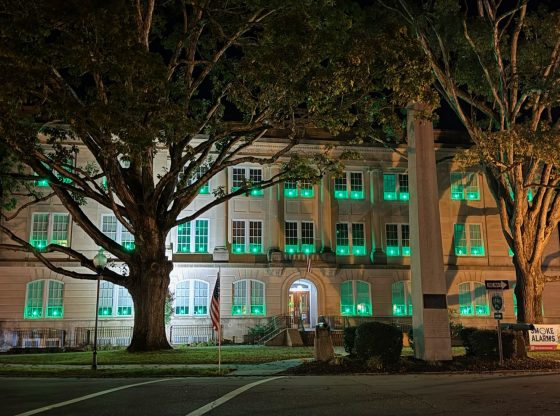






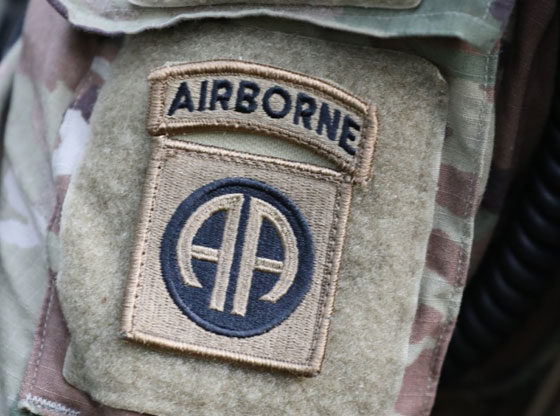
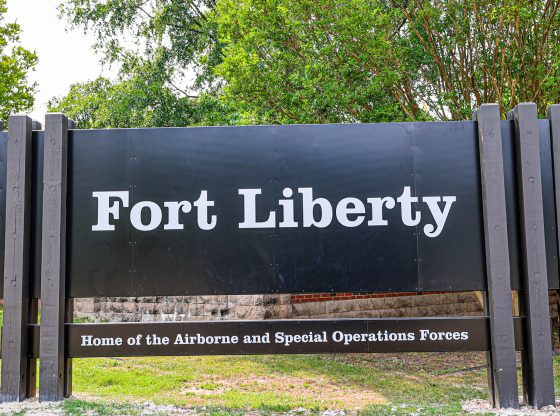
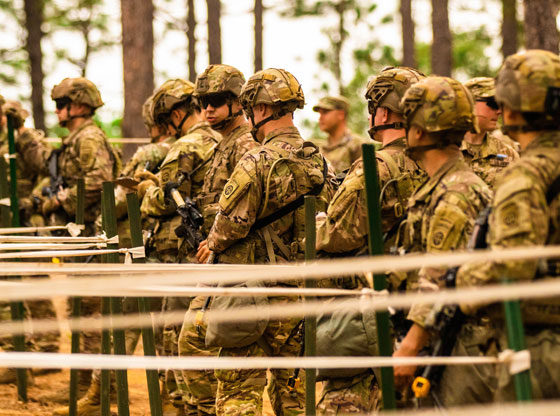



Comments
Comments are closed.